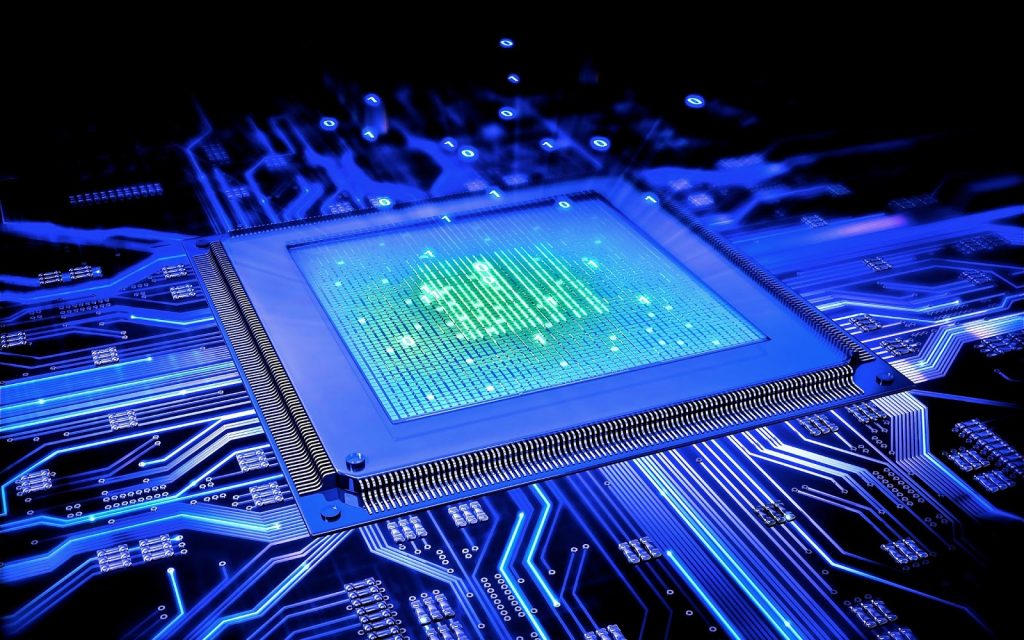US-China chip war to hit affiliates of server maker Inspur

Reported plans to extend US chip export controls to Inspur affiliates signal continuing supply chain upheaval.
In a move that highlights how the ongoing US-China chip war is disrupting the global semiconductor supply chain, the US is taking measures to address a gap in restrictions imposed on Chinese server maker Inspur Group that leaves US companies free to continue supplying Inspur’s affiliates, of which there are dozens, according to a report by Bloomberg.
Inspur sells servers targeted at AI and big data workloads, and does business worldwide, including in the US, Europe, the Middle East, Latin America, and Asia-Pacific.
Earlier this month, the Biden administration added 37 more entities, including Inspur, to a trade blocklist. The blocklist includes companies to which US semiconductor makers and manufacturers of chip-making equipments may not sell products without special licenses.
The companies were added to the blocklist for, “among other activities, contributing to Russia’s military and/or defense industrial base, supporting PRC military modernization, and facilitating or engaging in human rights abuses in Burma and in the People’s Republic of China (PRC),” the US Department of Commerce said in a statement.
The Biden administration, including officials at the Commerce Department, is aware that the chip blocklist does not specifically cover Inspur affiliates and is working to close the gap, but that may take several weeks, according to the Bloomberg report. Until then companies including Intel, Nvidia, and Cisco, among others, are free to trade with Inspur without the need for a license.
Inspur looks to mitigate risks from US sanctions
Meanwhile, Inspur Electronic Information Industry, a major unit of the Inspur Group, convened a board meeting this week to change its home location from the address of its corporate parent to a place which is about two kilometers away, according to a report by Hong-Kong based newspaper South China Morning Post.
The company did not cite reasons for the change, but the decision was made just days after the US Department of Commerce added Inspur Group to the trade blocklist, the report added. Inspur Electronic Information Industry is, however, a separate legal entity from its parent company and is not currently on the blocklist.
The change of corporate domicile, signaling a distancing of the affiliate from the rest of the Inspur group, “partly reflects the limited options available to Chinese tech firms when it comes to mitigating the risks of US sanctions given their reliance on American components or technologies,” the South China Morning Post report added.
The US semiconductor trade restrictions appear to be taking a toll on Chinese companies. For example, Chinese chip-maker YMTC, which has been looking to challenge Samsung Electronics and SK Hynix, has had to lay off employees and put he brakes on expansion plans after it was added to the blocklist, the South China Morning Post report noted.
US pressures allies on chip export restrictions
As part of a broader trade war with China, the US had some months ago convinced the Netherlands and Japan to join it in banning transfers of some DUV equipment.
The Netherlands export restrictions have been in the works for some time, and on Wednesday the Dutch government posted more information on its plans.
“These new export controls focus on advanced chip manufacturing technology, including the most advanced deposition and immersion lithography tools,” according to an announcement by Netherlands-based ASML, a leading global manufacturer of semiconductor manufacturing equipment.
The US-China chip war puts all sorts of global enterprises in the crosshairs, since disruption of the supply chain for semiconductors can affect a wide range of products, such as cars and different types of consumer goods.
